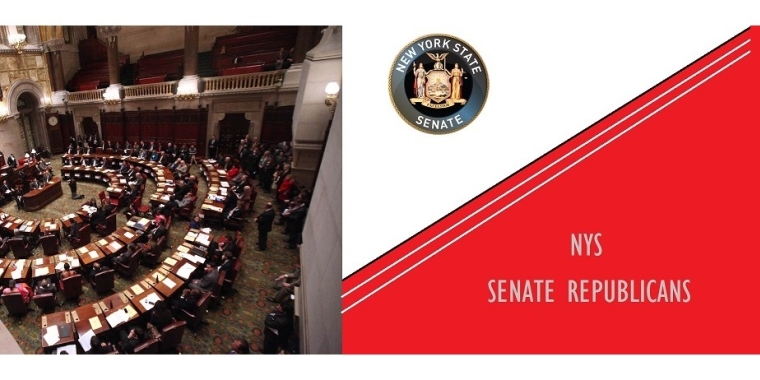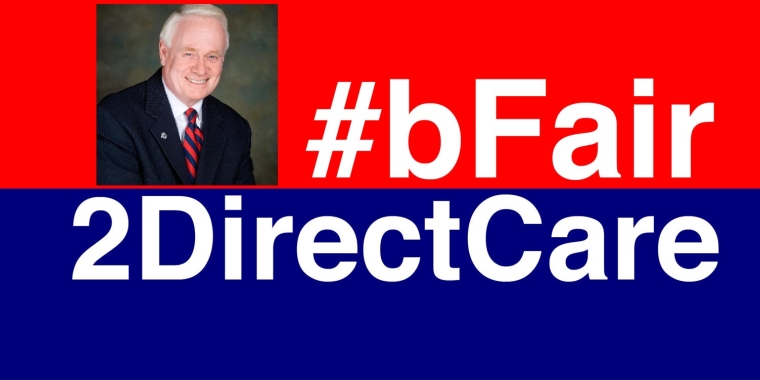
Senators Golden, Lanza and Padavan Propose New Child Support Measures to Help Thousands of New York Kids
Martin J. Golden
March 9, 2010
Stronger Penalties And New Public Website to Help Ensure
New York Kids Get The Child Support They Need and Deserve
Members of the Senate Republican Conference today announced that a series of new proposals will be advanced to help strengthen New York’s child support enforcement efforts, and help identify and locate “deadbeat” parents who neglect to pay their child support.
Statistics show that in 2009 more than $648 million that was owed to New York’s children went uncollected, including $317 million owed to New York City children. This amount uncollected is up $64 million since 2003.
“These measures build upon the initiatives we introduced as a part of the Domestic Violence Act of 2010 which will close loopholes in state law in relation to child support,” Padavan said. “All parents regardless of the situation have the inherit responsibility to support their children. Through stronger penalties and use of the web, any parent who willing violates their responsibility in New York State will be held accountable.”
“Having a child is the most wonderful experience a person can ever have, but having a child also brings personal responsibility,” said Senator Martin J. Golden (R-C, Brooklyn). “These tough new provisions will help send a loud and clear message that New York State will not tolerate parents who refuse to fulfill their most basic obligations to their children.”
Senator Andrew Lanza (R-I, Staten Island) said, “Parents have an important responsibility to raise their children as good and decent members of society. These provisions will help ensure that parents don’t walk away from their responsibilities to their children and our society.”
Included among the measures to be introduced are the following:
New Website: This proposal would require the creation of a new Office of Temporary and Disability Assistance website that would post photographs and identifying information of individuals who are more than $5,000 in arrears on their child support payments. Posting this information would encourage the public to notify authorities regarding the whereabouts of such individuals. In addition, the website would also help pressure more individuals to make good on their payments in order to avoid the potential shame and embarrassment of having such information made public. Other states, such as Illinois and Delaware, currently utilize such web sites.
Tracking Non-payers through Cell Phone Records: Other states have found that a way to locate the whereabouts of nonpaying parents is through the use of cellular phone records. In Virginia they found about 840 new data matches per year, and about 400 are now paying their child support as a result of the program. In a state like New York this number would likely be much higher. This legislation would allow child support collection agencies to issue administrative subpoenas to telephone service providers to locate non-payers.
Suspension of Vehicle Registrations: Currently, New York suspends the licenses of individuals who are behind in child support payments. However, while license suspension can be a useful tool, the record shows that many unlicensed individuals continue driving for years without being detected by law enforcement. The suspension of a car’s registration would make it far more difficult to evade law enforcement. In addition to cars, this provision would allow for the registration suspension of all vehicles registered in New York, including trucks, ATV’s, motorcycles and boats.
· Requiring Nonpaying Parents to Prove They Cannot Afford to pay Child Support: Currently, parents guilty of the crime of nonsupport of a child may escape criminal liability because the prosecutor must prove they can afford to pay the court ordered child support. This legislation will require the nonpaying parent to prove he or she cannot support his or her child.
Current Law: Currently, the Office of Temporary and Disability Assistance has the power to execute the following measures:
Income Tax Refund Intercept (Federal and State).
Credit Bureau Submission
Lottery Intercept
Property Execution
Drivers License Suspension / Passport Denial
Liens (real estate or personal injury claims)
Tax Referrals (to the New York State Dept. Of Taxation)
Share this Article or Press Release
Newsroom
Go to Newsroom


